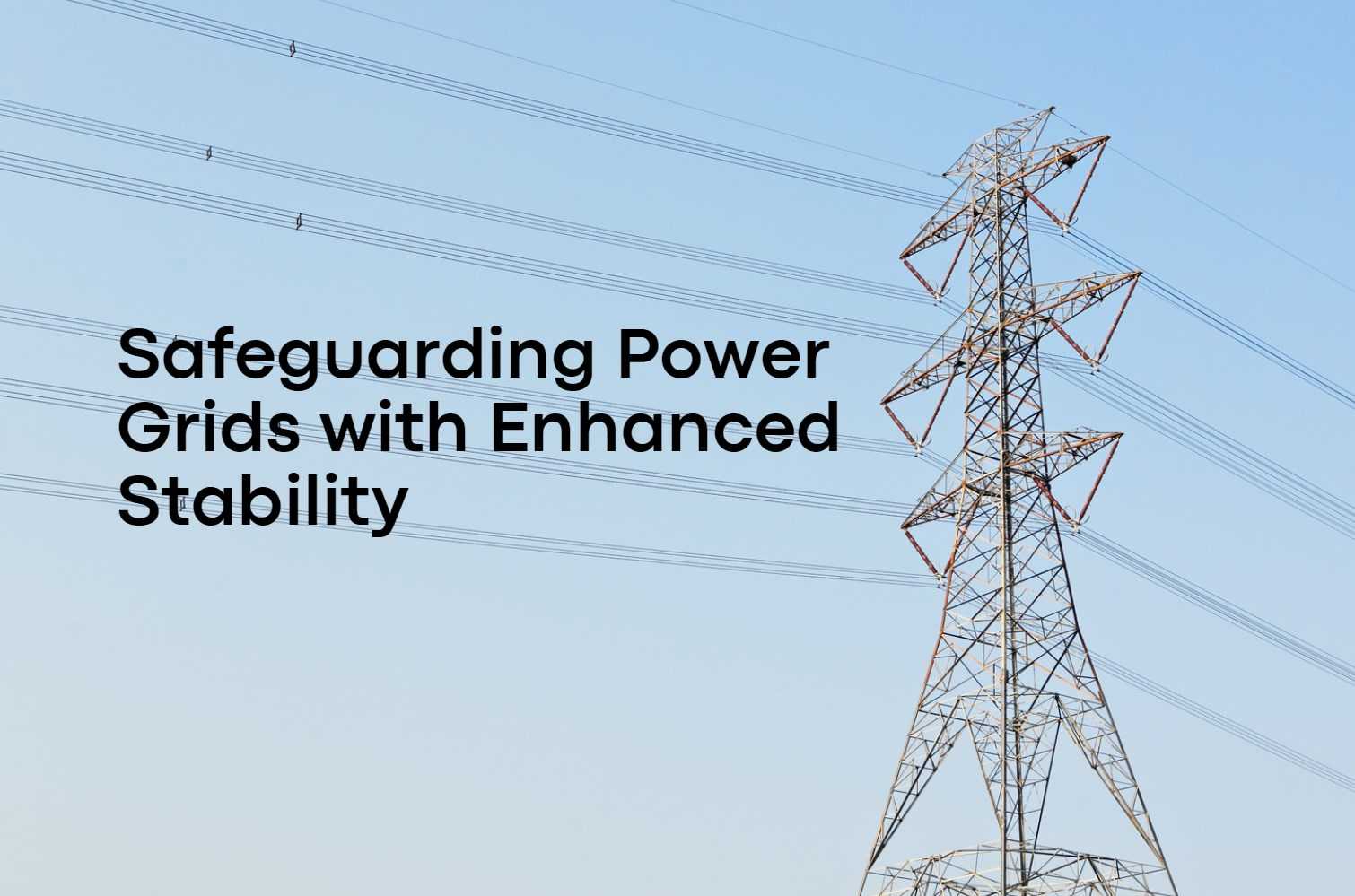As the world increasingly shifts towards sustainable energy solutions, Lithium Iron Phosphate (LiFePO4) batteries have emerged as a leading choice for renewable energy systems and power grid applications. Known for their safety, longevity, and efficiency, LiFePO4 batteries offer numerous advantages that make them ideal for various energy storage needs. In this article, we will explore the key benefits of using Lithium Iron Phosphate batteries in renewable energy and power grid applications, highlighting their unique features and performance characteristics.
1. Overview of Lithium Iron Phosphate Batteries
1.1 What are Lithium Iron Phosphate Batteries?
Lithium Iron Phosphate batteries are a type of lithium-ion battery that utilizes lithium iron phosphate as the cathode material. This chemistry offers several advantages over traditional lithium-ion batteries, including enhanced safety and thermal stability.
Wholesale lithium golf cart batteries with 10-year life? Check here.
1.2 Key Characteristics
- Nominal Voltage: Approximately 3.2 to 3.3 volts per cell.
- Cycle Life: Typically exceeds 2000 cycles, making them suitable for long-term use.
- Thermal Stability: LiFePO4 batteries are less prone to overheating and thermal runaway.
2. Advantages of LiFePO4 Batteries in Renewable Energy Applications
2.1 Enhanced Safety Features
Want OEM lithium forklift batteries at wholesale prices? Check here.
One of the most significant advantages of Lithium Iron Phosphate batteries is their safety:
- Thermal Stability: LiFePO4 batteries can withstand higher temperatures without degrading, reducing the risk of fire or explosion.
- Non-toxic Materials: The materials used in LiFePO4 batteries are less hazardous compared to other lithium-ion chemistries.
2.2 Long Cycle Life and Durability
LiFePO4 batteries excel in longevity:
- Extended Lifespan: With a cycle life exceeding 2000 cycles, these batteries can last for years with minimal degradation.
- Deep Discharge Capability: They can be discharged deeply without damaging the battery, making them ideal for applications requiring frequent cycling.
2.3 High Efficiency and Performance
Efficiency plays a crucial role in renewable energy systems:
- Charge/Discharge Efficiency: LiFePO4 batteries typically exhibit high charge/discharge efficiencies (around 95%).
- Consistent Performance: They maintain stable voltage levels throughout the discharge cycle, ensuring reliable power delivery.
2.4 Environmentally Friendly
Lithium Iron Phosphate batteries are more environmentally friendly compared to other battery types:
- Recyclability: The materials used are more easily recyclable, contributing to sustainability efforts.
- Lower Environmental Impact: Their production involves less toxic materials, reducing environmental harm.
3. Advantages of LiFePO4 Batteries in Power Grid Applications
3.1 Grid Stability and Energy Storage
LiFePO4 batteries play a vital role in stabilizing power grids:
- Energy Storage Systems (ESS): They store excess energy generated from renewable sources like solar and wind, releasing it during peak demand.
- Frequency Regulation: These batteries help maintain grid frequency by quickly responding to fluctuations in demand.
3.2 Scalability
The scalability of LiFePO4 battery systems is a significant advantage:
- Modular Design: Systems can be easily expanded by adding more battery units without major redesigns.
- Flexible Configurations: They can be configured for various applications, from small residential systems to large utility-scale installations.
3.3 Cost-Effectiveness Over Time
While the initial investment may be higher than traditional lead-acid batteries:
- Lower Total Cost of Ownership: The long lifespan and high efficiency translate into lower replacement costs and reduced maintenance expenses over time.
| Feature | Lithium Iron Phosphate (LiFePO4) | Lead-Acid Batteries |
|---|---|---|
| Cycle Life | 2000+ cycles | 500-800 cycles |
| Efficiency | 95%+ | 70-80% |
| Depth of Discharge | Up to 90% | Up to 50% |
| Weight | Lighter | Heavier |
4. Latest Developments in LiFePO4 Technology
Recent advancements in Lithium Iron Phosphate technology continue to enhance performance:
- Researchers are exploring new manufacturing techniques that reduce costs while improving energy density.
- Innovations in battery management systems (BMS) allow for better monitoring and optimization of battery performance in real-time.
5. Frequently Asked Questions (FAQs)
5.1 How do LiFePO4 batteries compare to other lithium-ion chemistries?
LiFePO4 batteries offer enhanced safety, longer cycle life, and better thermal stability compared to other lithium-ion chemistries like lithium cobalt oxide (LCO).
5.2 What applications are best suited for LiFePO4 batteries?
They are ideal for renewable energy storage systems, electric vehicles, power tools, and backup power supplies due to their reliability and efficiency.
5.3 Are LiFePO4 batteries environmentally friendly?
Yes, they use non-toxic materials and are more easily recyclable compared to other battery types.

6. Conclusion
In conclusion, Lithium Iron Phosphate (LiFePO4) batteries offer numerous advantages for both renewable energy systems and power grid applications. Their safety features, long cycle life, high efficiency, and environmental friendliness make them an excellent choice for modern energy solutions. As technology continues to advance, LiFePO4 batteries will play an increasingly vital role in achieving sustainable energy goals.At Redway Battery, we specialize in manufacturing high-quality Lithium LiFePO4 solutions tailored to meet diverse customer needs worldwide. With our extensive experience in this field, we provide custom solutions quickly for wholesale and OEM customers. For a quick quote or more information about our products, please contact us today!







